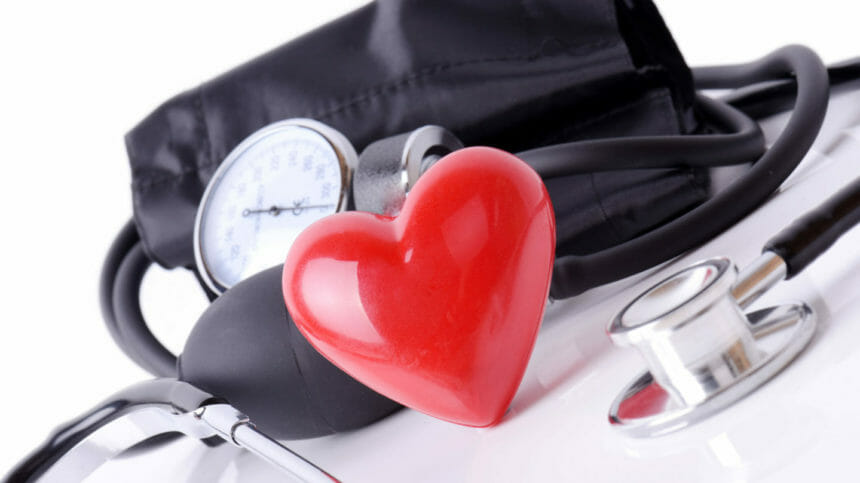
Adults with hypertension experienced a rise in blood pressure early in the pandemic — but not by as much as investigators expected, according to data from three large U.S. healthcare systems.
Researchers analyzed records from more than 137,000 adults with high blood pressure, comparing outcomes before the pandemic and during its peak between April 2020 and January 2021. The average age of patients was 66 years and 30% were Black.
The number of blood pressure measurements taken fell precipitously (by up to 90%) when compared to before the pandemic. The numbers gradually corrected but still remained below pre-pandemic levels, likely due to cancellations or postponements of face-to-face office visits, the researchers theorized.
At the same time, they found that patients’ systolic readings rose by an average of 1.79 mmHg, and their diastolic readings had an average increase of 1.30 mmHg. These numbers are small, but a 2 mmHg increase in blood pressure can raise the risk of major cardiovascular events by up to 5%, investigators noted.
Telemedicine a savior
Despite this concerning results, the numbers weren’t as bad as expected, said study lead Hiroshi Gotanda, MD, PhD, of Cedars-Sinai Medical Center in Los Angeles. He and his colleagues expected blood pressure control to decline due to decreased physical activity, stress, poor sleep,and other cardiovascular disease risk factors that worsened during the pandemic.
“But the results were better than we expected, probably because of the use of telemedicine and home monitoring of blood pressure,” he said. “We now know that blood pressure may be relatively controlled using technology. That’s an important take-home message when we encounter other public health emergencies in the future.”The researchers will next examine the impact of the small blood pressure increases on long-term cardiovascular health outcomes and whether some groups may have had difficulty accessing telehealth resources.
Full findings were published in the journal Hypertension.
Related articles:
New evidence supports lowering blood pressure in later life to cut dementia risk
High blood pressure, poor sleep take a toll on shift workers: study
Blood pressure meds work when taken at any time of day, five-year study reveals
High blood pressure is well-controlled in VA nursing homes: study




